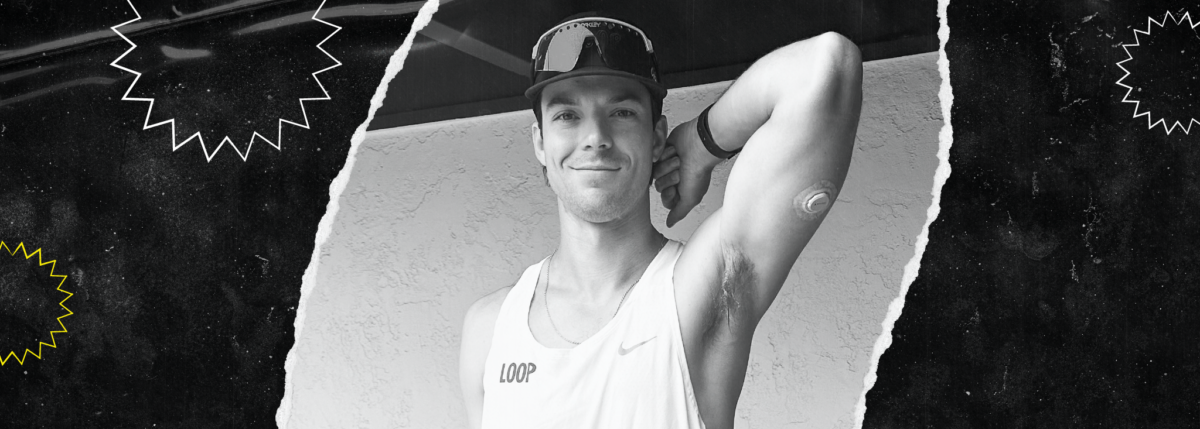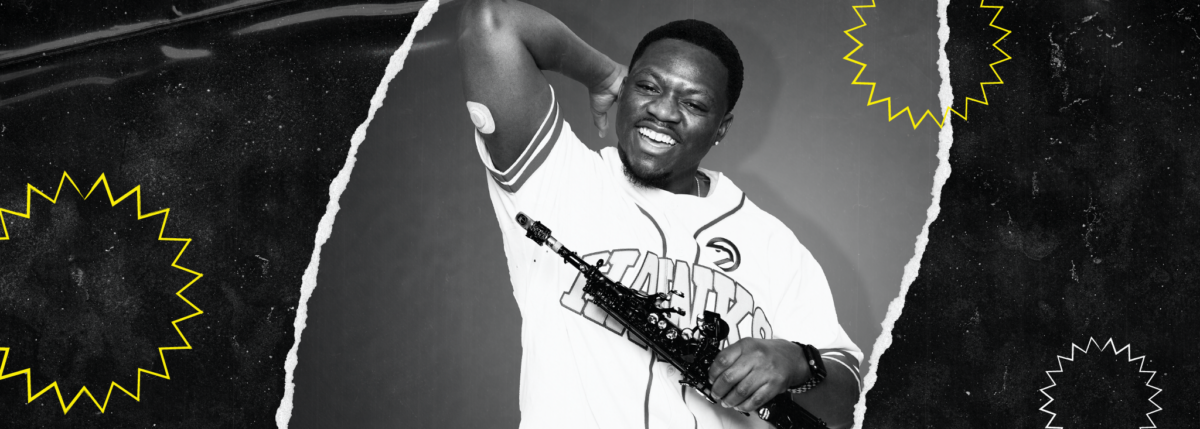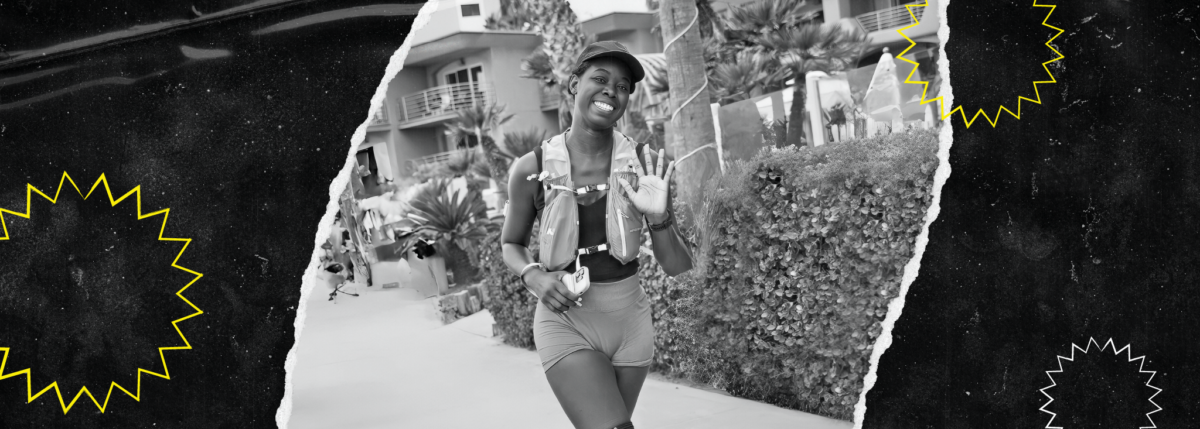How Insulin Makes Life with T2D Easier
Written by: T'ara Smith, MS, Nutrition Education
4 minute read
December 22, 2022
Heather Olson shares why she chose to start taking insulin to manage type 2 diabetes and how it's made life with diabetes easier.
Insulin has many benefits in improving your ability to manage type 2 diabetes. From finding more freedom with food to delaying complications, insulin has helped many with T2D have an overall better quality of life. Beyond Type 2 community member, Heather Olson shares how insulin affected her relationship with food and what she’d say to someone else with type 2 diabetes who’s considering bringing insulin into their regimen.
Learn more about insulin and type 2 diabetes here.
BT2: Hi Heather, when were you diagnosed with type 2 diabetes? What signs and symptoms did you notice?
I was diagnosed with type two diabetes in 2016, so it’s been an experience so far. Besides already knowing that it was kind of in my family and it goes way back, it was always on the radar. But for the actual diagnosis, I was getting symptoms like urination a lot during the night, excessive thirst that I couldn’t quench, then just getting sick a lot. I also had a lot of infections.
What type of medication did your doctor prescribe? Were you put on insulin immediately?
No, I went on Metformin initially and dealt with a lot of the side effects that I see a lot of people deal with and struggle with. But luckily for me it kind of subsided after a few months. It was a struggle at first because I remember telling my doctor, I said, “This is making me late for work, for appointments. I’m not getting where I need to be because I’m having side effects.” But it did get better. And then once we increased the dosage it kind of happened again. But again, it would subside for me, which I was thankful for.
When were you prescribed insulin, and at that time what were your thoughts about using insulin to manage type 2 diabetes?
I started insulin around maybe September of 2021. It was actually my decision because my doctor had been bringing it up for a couple of years. But I kept saying, “No, I’m not ready for that.” I think because it was stigmatized in my own head and from what I hear from people and that it was a last resort sort of thing. But I got to a point where I thought if this could help with bringing my A1C down, then it’s going to help keep away effects that could cause longterm and damage to my body.
When you started on insulin, what were some improvements to your overall quality of life that you noticed?
I definitely noticed that my fasting blood sugars were coming down. Seeing my numbers improve made me physically feel better, and even mentally a little bit too. Sleeping through the night is better, too. At first, it was hard because it did kind of change my appetite a little bit. I’m also going through recovery from an eating disorder too, so it was really hard because I was already learning hunger and fullness cues.
Can you tell us more about how insulin impacted your relationship with food?
It changed my appetite significantly but my doctor said that will happen. At first, it threw me off a lot with the hunger and fullness cues because it changed significantly. I didn’t feel as hungry all the time. I know that’s good, but it was such a drastic shift for me that at first, I was scared. But it has improved a lot and I think a lot of the excessive hunger was from the higher blood sugars.
But now I do have to pay more attention to lows because if I haven’t eaten enough throughout the day I will go low and that’s happened, and I’m not used to that and I don’t always feel symptoms from it. So I’m checking constantly to make sure that I’m okay before I go about my day.
How do you treat your lows? Did your doctors give you education on hypoglycemia, on how to treat a low?
Well, I was seeing a diabetic educator temporarily and she upfront told me right away because of the different medications I’m on that that could happen. So she said to get glucose tablets to keep on hand. She had me write on there how many to take, three to four. And I have done that. Then I try to keep snacks with me too. Just because I know certain drinks will help it a lot quicker, but I don’t keep that on hand because I won’t be able to keep it for very long. So the glucose tablets are really handy for me, and I try to keep some candy once in a while around or snacks.
What would you say to someone who was maybe going through a tough time and could probably use some words of wisdom or inspiring words from someone like you?
Well, I think the big thing for me is never to blame yourself for any of it. Because I did for a long time and it kept me from getting into a better place to feel better. Because I blamed myself, I thought, well, I don’t deserve to get better, because I was in denial too for a long time. It’s never your fault. I think all of that gets stigmatized, thinking that we just aren’t doing the right things.
I think having people to talk to about it helps. My doctor is just a very understanding person and he’s very thorough and he’s supportive because it helped me to keep in mind it’s between me and him. And it has to do with my health and it’s my choice. Just to really empower myself to say, “This is my decision.” And other people have their opinions and they can share them, that’s great, I always appreciate people’s opinions, but ultimately it’s still my decision. Getting into a place to really feel empowered by that does help a lot.
Editor’s note: Educational content related to insulin is made possible with support from Lilly Diabetes, an active partner of Beyond Type 2 at the time of publication. Editorial control rests solely on Beyond Type 2.

Author
T'ara Smith, MS, Nutrition Education
Beyond Type 1 is the largest diabetes org online, funding advocacy, education and cure research. Find industry news, inspirational stories and practical help. Join the 1M+ strong community and discover what it means to #LiveBeyond a diabetes diagnosis.
Related Resources

Jordan Sooter’s journey to running marathons began in college as a way to stay fit....
Read more

Antoine Gibson is no stranger to overcoming challenges. As a saxophonist and marathon runner living...
Read more

Danica Collins not only prepared for one of the most challenging physical events of her...
Read more

